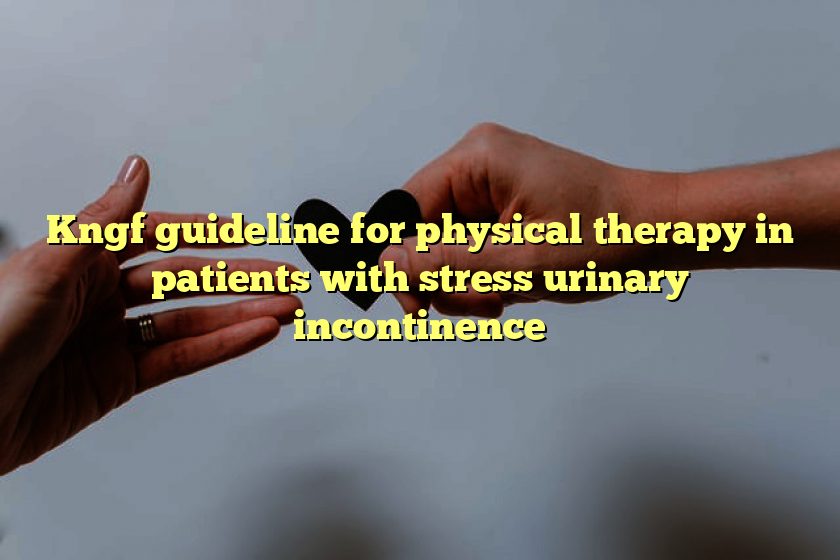Understanding Trauma and Its Effects on Mental Health
Trauma is an emotional response to a deeply distressing or disturbing experience. It can be caused by an intense event or a series of events that have a lasting impact on an individual. Trauma can manifest in a variety of ways, including physical and psychological symptoms. In some cases, trauma may lead to post-traumatic stress disorder (PTSD) or other mental health disorders. It is important to understand the signs and symptoms of trauma, as well as ways to cope and seek support.
What Are the Symptoms of Trauma?
When someone is exposed to a traumatic event, they may experience a range of physical and emotional symptoms. These can include:
Intrusive memories: Recurrent, unwanted distressing memories of the traumatic event.
Reliving the traumatic event: Flashbacks, in which the person feels as if the traumatic event is happening again.
Upsetting dreams or nightmares: Dreams or nightmares about the traumatic event.
Severe emotional distress: Severe emotional distress or physical reactions to something that reminds the person of the traumatic event.
Avoidance: Avoiding activities, places, thoughts, or feelings that remind the person of the traumatic event.
Negative changes in thinking and mood: Negative changes in thinking and mood, such as feeling detached, having a limited range of emotions, or feeling a sense of guilt or blame.
Changes in physical and emotional reactions: Changes in physical and emotional reactions, such as being easily startled, feeling tense or on edge, or having difficulty sleeping.
Who Is Most at Risk for Developing Trauma?
Anyone can experience trauma, regardless of age, gender, or background. However, some individuals may be more vulnerable to developing trauma due to certain factors, such as:
- Age: Children and adolescents are more likely to experience trauma than adults, as they may not have the tools and resources to cope with distressing events.
- Family history: Having a family history of mental health disorders, such as depression or PTSD, can increase the risk of developing trauma.
- Previous traumatic experiences: Having experienced traumatic events in the past can make a person more susceptible to the effects of trauma.
- Social support: Having a lack of social support can make it more difficult to cope with the effects of trauma.
- Exposure to violence: Exposure to violence, either directly or indirectly, can increase the risk of developing trauma.
How to Seek Help for Trauma
If you or someone you know is experiencing symptoms of trauma, it is important to seek help as soon as possible. There are a number of ways to seek help for trauma, including:
- Talk to a mental health professional: A mental health professional, such as a psychologist or psychiatrist, can provide support and guidance to help the individual cope with the effects of trauma.
- Seek support from trusted friends and family: Talking to trusted friends and family can provide emotional support and help the individual feel less isolated.
- Engage in self-care activities: Engaging in activities that promote self-care, such as yoga, meditation, and journaling, can help the individual manage the symptoms of trauma.
- Join a support group: Joining a support group can provide a safe space to talk about the traumatic experience and connect with others who have experienced similar trauma.
- Seek professional help: Professional help, such as cognitive-behavioral therapy or exposure therapy, can help the individual learn helpful coping strategies and gain insight into their experiences.
Conclusion
It is important to understand the signs and symptoms of trauma, as well as ways to cope and seek help. Trauma can manifest in a variety of ways, including physical and psychological symptoms. If you or someone you know is experiencing symptoms of trauma, it is important to seek help as soon as possible. There are a number of ways to seek help for trauma, including talking to a mental health professional, seeking support from trusted friends and family, engaging in self-care activities, joining a support group, and seeking professional help.



